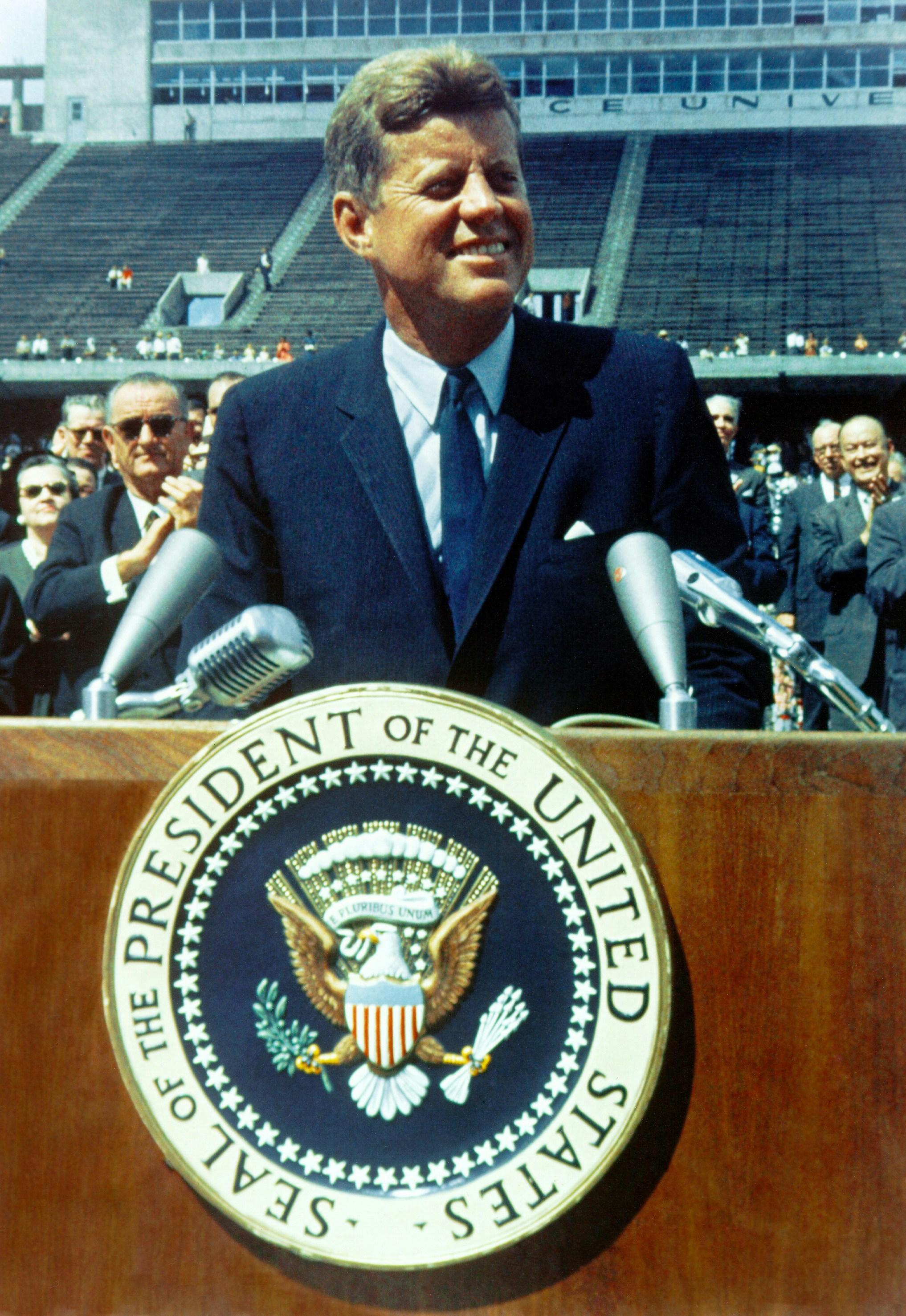The Academy Awards, commonly known as the Oscars, have long stood as a beacon of cinematic excellence, celebrating the artistry and craft of filmmakers from around the globe. Yet, amid the glitz and glamour, the Oscars have not been immune to controversy. Over the years, numerous award decisions have sparked debates, igniting discussions about the intricacies of artistic merit, industry politics, and cultural representation. This article delves into some of the most contentious wins in Oscar history, examining the factors that fueled public discourse and the lasting impact these decisions have had on the film industry. Through an analytical lens, we explore the complexities behind these polarizing victories, seeking to understand the broader implications of each contentious moment in the storied legacy of Hollywood’s most prestigious night.
Exploring Historical Context and Industry Reactions
The history of the Oscars is a tapestry woven with moments that have sparked intense debate, both within the industry and among audiences worldwide. When analyzing these controversial wins, it’s crucial to consider the historical context in which they occurred. For instance, during the late 1970s and early 1980s, the Academy was often criticized for its reluctance to recognize emerging voices and diverse narratives, which sometimes led to films that were perceived as more ”traditional” winning over more innovative contenders. This period of the Oscars was marked by a tension between maintaining established cinematic norms and embracing the evolving landscape of film.
Industry reactions to these contentious decisions have been varied, often reflecting broader trends and sentiments within Hollywood. Key reactions include:
- Public Outcry: Certain wins have been met with widespread disapproval from the public, with fans and critics alike questioning the Academy’s judgment.
- Industry Division: These wins often highlight a divide between traditionalists and modernists within the film industry, sparking discussions on the criteria for excellence in cinema.
- Calls for Reform: Controversial decisions have fueled calls for changes in the voting process, aiming for greater transparency and inclusivity.
These reactions not only underscore the Oscars’ role as a barometer of industry standards but also illustrate the ongoing dialogue about the evolution of storytelling and representation in film.

Analyzing the Impact on Award Credibility
The Academy Awards, often regarded as the pinnacle of cinematic achievement, have not been immune to controversies that challenge their credibility. When a win is perceived as unjust or undeserved, it raises questions about the criteria and motivations behind the decision. This scrutiny can lead to a broader discussion about the integrity of the voting process, potentially diminishing the prestige associated with the awards.
- Perceived Bias: Critics often argue that certain wins reflect favoritism towards established industry figures or major studios, rather than genuine artistic merit.
- Changing Tastes: As societal values evolve, past decisions may appear outdated, prompting debates on whether the Academy is in tune with contemporary cultural norms.
- Public Backlash: When a win contradicts public sentiment, it can lead to widespread criticism, with audiences questioning the relevance of the Oscars in recognizing true talent.
Such controversies underscore the delicate balance the Academy must maintain between honoring tradition and embracing innovation. The impact on award credibility serves as a reminder that the Oscars are not just a celebration of cinema but also a reflection of the industry’s complex dynamics.

Evaluating Artistic Merit Versus Popular Opinion
In the realm of cinema, the Oscars stand as a beacon of prestige, yet they often spark heated debates over the divide between artistic merit and popular opinion. The tension arises when films that critics laud for their innovative storytelling, exceptional performances, and technical prowess lose out to movies that captivate the public with their universal appeal or box office success. This dichotomy is perhaps best exemplified in the controversies surrounding films like “Shakespeare in Love” winning over “Saving Private Ryan” or “Crash” prevailing against “Brokeback Mountain.”
Considerations for artistic merit often focus on elements such as:
- Innovative narrative techniques
- Depth of character development
- Unique directorial vision
Conversely, popular opinion might prioritize:
- Emotional resonance with a broad audience
- Entertainment value
- Relatability and cultural relevance
The Academy’s choices sometimes reveal an inclination towards rewarding films that balance these aspects, though not without criticism from those who feel that true artistry should not be overshadowed by mainstream appeal. This ongoing debate underscores the subjective nature of cinematic excellence, challenging the Oscars to redefine what truly deserves the accolade of Best Picture.
Recommendations for Enhancing Award Transparency
To foster greater trust and understanding in the Oscar selection process, several measures can be implemented to enhance transparency. One approach is to increase the visibility of the voting process by offering detailed insights into how decisions are made. This could involve disclosing the criteria and weightage used in evaluating nominees, ensuring that stakeholders understand the rationale behind each decision. Additionally, creating a more open dialogue between the Academy and the public can demystify the process and alleviate suspicions of bias or favoritism.
Another effective strategy is to diversify the voting body. By ensuring a wide range of perspectives among voters, the Academy can better reflect the diversity of talent and stories in the film industry. This could be complemented by regular audits of voting patterns to identify and address any potential disparities. Furthermore, the introduction of independent oversight can provide an unbiased review of the selection process, further bolstering confidence in the awards. Together, these steps can help transform the Oscars into a more transparent and equitable institution, aligning its prestige with a commitment to integrity and inclusivity.
